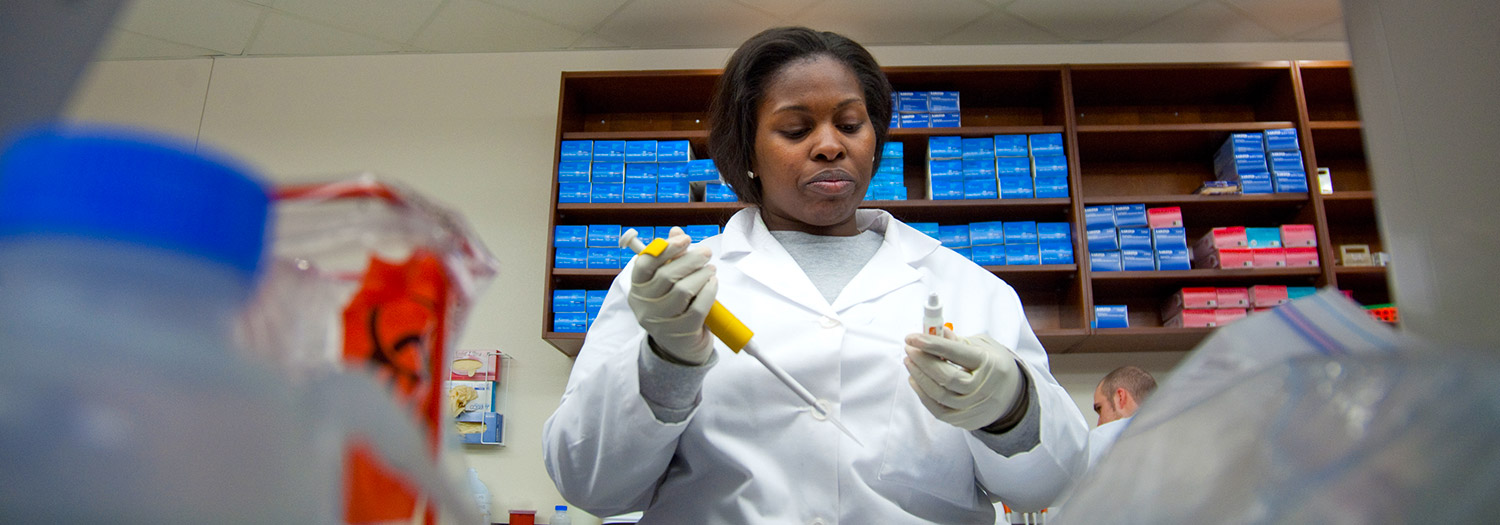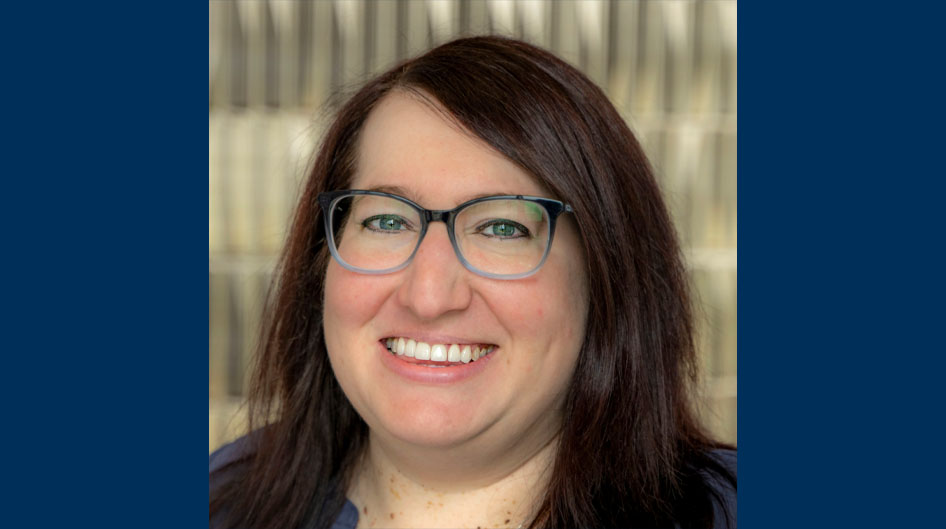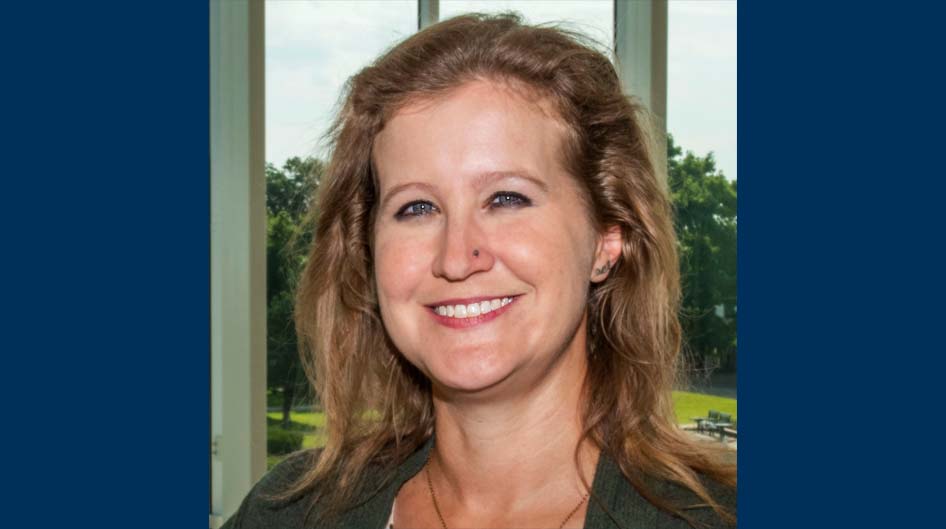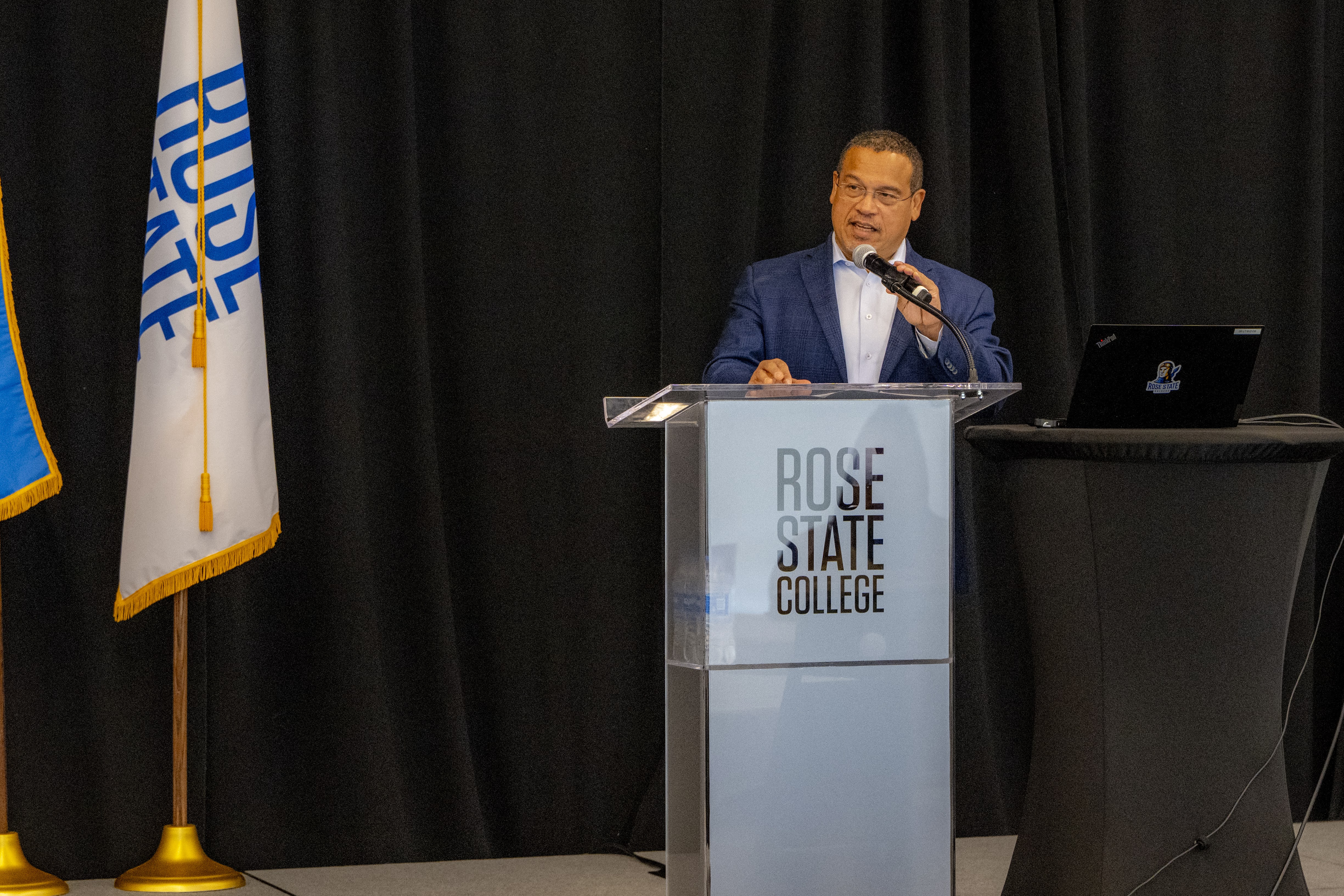Baccalaureate Track - Nursing
The baccalaureate degree in nursing, also called a BSN, is the most rigorous training method for achieving the status of registered nurse. In common with all four-year degrees, the nursing baccalaureate degree does not focus exclusively on the classes that will earn the candidate RN status. Instead, students must usually take general education requirements while also taking classes specific to the field of nursing. Because of the advanced education this nurse will get, he or she may be more likely to earn supervisory positions at larger hospitals, and also may receive slightly more pay. The current move in health care organizations is to increase the number of bachelor’s-prepared RNs.
Some nurses choose to pursue a baccalaureate degree in nursing since it is a stepping stone to receiving a master’s degree in nursing (MSN) or a PhD. With a traditional four-year college degree, a nurse may want additional training or the option of teaching in a nursing school. Also, those nurses who would like to become nurse practitioners need a bachelor’s degree first. The BSN provides more opportunities to the nurse who wants to continue his or her education.
Program Goals & Outcomes
The Associate in Science Degree Program provides students with the analytical skills and scientific knowledge to expand and apply critical thinking to all facets of learning. The expected Program outcome is to provide a comprehensive lower-division education for students who plan to transfer to a baccalaureate degree program.
Vision Statement:
As a department within the Engineering and Sciences Division at Rose State College, the Biological Sciences adheres to the vision, mission, and core values of the college and seeks to advance the good of our students by providing an excellent slate of classes and services to support a diverse student body. Students are viewed as partners in a lifelong learning process.
Upon completion, graduates will be prepared to:
- Describe the properties attributed to living organisms in order to appreciate the scope of those things that may impact patients;
- Apply quantitative measurements to problems and topics related to the Nursing Sciences such as microbial growth and genetics;
- Employ critical thinking and scientific methodology when addressing various nursing problems;
- Evaluate how technology is used to answer questions related to patient care, and be able to assess which tools are best suited to answer various questions;
- Appraise current issues in the scientific community; and
- Assess different ethical and legal questions that nursing students may encounter and create a sociological and psychological foundation necessary for a nursing career.









